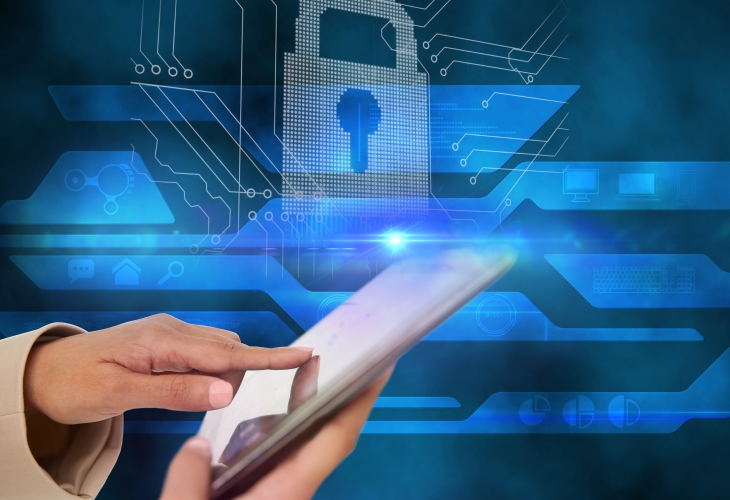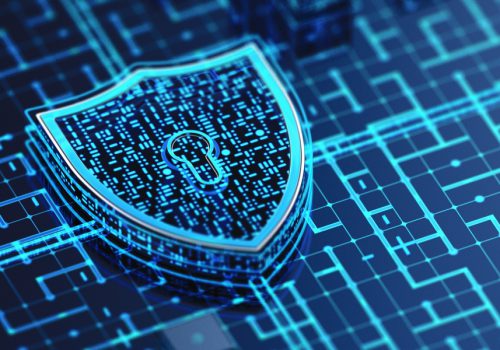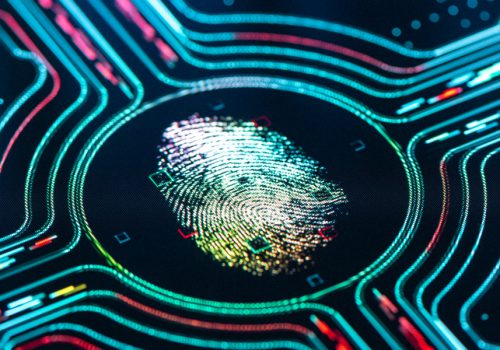Data is invaluable to businesses worldwide, encompassing customer information, financial records, and market insights. However, this reliance on data requires strong protection against rising cyber threats.
Organizations often turn to ISO/IEC 27001, an internationally recognized information security management system (ISMS) standard. ISO/IEC 27001 offers a systematic approach to safeguarding sensitive information, promoting a security culture, risk management, and continuous improvement.
The connection between data security and marketing trust is profound. In a privacy-conscious world, consumers expect responsible data handling. Adhering to ISO/IEC 27001 signals a dedication to data security, building customer trust, and supporting effective marketing strategies.
Conversely, security breaches erode trust and damage reputations. This discussion explores leveraging ISO/IEC 27001 in marketing to nurture trust, emphasizing data security as a strategic asset in the digital age.
Understanding ISO/IEC 27001
ISO/IEC 27001 is an internationally recognized information security management system (ISMS) standard. It provides a systematic approach for organizations to establish, implement, maintain, and improve information security to protect sensitive data effectively, regardless of their industry.
The main goals of ISO/IEC 27001 are to:
- Identify and assess information security risks.
- Implement measures to manage and mitigate those risks.
- Continuously monitor and improve the information security system.
Benefits of ISO/IEC 27001 Certification:
- Enhanced Information Security: ISO/IEC 27001 helps create a robust security framework, reducing the risk of data breaches and cyber-attacks.
- Compliance: It aids in meeting legal and regulatory obligations, avoiding legal issues and fines.
- Improved Reputation: Certification is committed to data security, enhancing an organization’s reputation and stakeholder trust.
Key Elements of ISO/IEC 27001:
- Risk Assessment and Management: Identify and manage security risks.
- Information Security Policies and Procedures: Develop clear policies and implement supporting procedures.
- Security Controls: Choose and implement appropriate security measures.
ISO/IEC 27001 certification is achieved through an independent third-party audit, confirming an organization’s commitment to information security and compliance with ISO/IEC 27001 standards.
Data Security and Trust in Marketing
Data security is the cornerstone of trust in modern marketing. In an era where personal data is at the heart of campaigns, ensuring privacy and protection is paramount to maintaining consumer trust and brand reputation.
- Trust in marketing is vital:
- Data Privacy Concerns: Trust is crucial in marketing, mainly as personal data is used for targeting. Growing concerns about data privacy, fueled by high-profile breaches and misuse, require marketers to handle and protect consumer data transparently to build trust.
- Impact of Data Breaches: Data breaches can harm brand reputation and erode consumer trust. Compromised customer data can lead to losses, legal issues, and financial losses.
- ISO/IEC 27001 and consumer confidence:
- Building Confidence: ISO/IEC 27001 demonstrates a company’s commitment to data security. Attaining ISO/IEC 27001 certification reassures consumers that their data is handled with top-notch security standards, enhancing trust in the brand and its marketing efforts.
- Marketing with ISO/IEC 27001: Marketers can prominently display ISO/IEC 27001 certification in materials like websites, packaging, and advertisements. This highlights the brand’s trustworthiness to consumers.
Implementing ISO/IEC 27001 in Marketing Strategies
Here are ways to implement ISO/IEC 27001 in marketing strategies:
- Steps to ISO/IEC 27001 certification in marketing strategies, involve:
- Identifying and assessing risks: Analyze potential security risks related to marketing data and processes.
- Developing information security policies: Create policies that align marketing practices with ISO/IEC 27001.
- Implementing security controls: Integrate security measures into marketing operations, ensuring data protection.
- Monitoring and reviewing: Continuously assess and improve security protocols in marketing activities.
- Integrating ISO/IEC 27001 into marketing campaigns, includes:
- Communicating data security in marketing messages: Highlight ISO/IEC 27001 certification to assure customers of data safety.
- Leveraging ISO/IEC 27001 for a competitive advantage: Showcase ISO/IEC 27001 compliance to gain a competitive edge and build client trust.
Case Studies
ISO/IEC 27001 certification can have a significant positive impact on consumer trust and brand reputation.
Examples of companies successfully leveraging ISO/IEC 27001 in marketing:
IBM
IBM has successfully used its ISO/IEC 27001 certification to market its cloud services and data security solutions.
By prominently displaying its ISO/IEC 27001 certification on its website and marketing materials, IBM conveys a commitment to robust information security practices, which appeals to businesses and organizations looking for secure cloud solutions.
Microsoft Azure, their cloud computing platform, holds ISO/IEC 27001 certification, which they actively promote in their marketing efforts. This certification helps them attract customers who prioritize data security and compliance, especially in industries like healthcare and finance.
AWS has obtained ISO 27001 certification for its cloud services, and they emphasize this in their marketing materials. They use it as a trust-building factor, reassuring customers that their data is stored and processed securely in the AWS cloud.
Salesforce is a customer relationship management (CRM) platform that has gained consumer trust by obtaining ISO/IEC 27001 certification. They showcase this certification to demonstrate their commitment to safeguarding customer data.
Cisco, a networking and cybersecurity solutions leader, uses its ISO/IEC 27001 certification to highlight the security of its products and services. This certification gives them an advantage when marketing to businesses prioritizing information security.

Challenges and Considerations
Here are some key challenges and essential considerations in this field.
- Common challenges in implementing ISO/IEC 27001:
- Resource allocation: Balancing budget and workforce for ISO/IEC 27001 compliance can be tricky, especially for smaller organizations.
- Cultural and organizational barriers: Shifting towards prioritizing data security can face resistance and a lack of employee awareness. Overcoming these barriers is essential for solid fraud prevention, which depends on a security-conscious culture.
- Balancing data security with marketing objectives:
- Ensuring data collection transparency: Building and maintaining customer trust requires transparent data practices aligned with marketing strategies. This prevents potential fraud and reputational damage.
- Navigating data privacy regulations: Compliance with GDPR and CCPA is vital for data security and fraud prevention. Companies must integrate these into marketing strategies to avoid legal issues and fines for mishandling customer data.
In both scenarios, fraud prevention is critical to safeguard against unauthorized access, data breaches, and deceptive practices. Addressing these challenges and aligning security measures with marketing goals helps build customer trust and credibility.
Cost of Getting ISO Certified
One important consideration for organizations pursuing ISO/IEC 27001 certification is the cost associated with the process. The expenses can be on factors such as the size and complexity of the organization, and the industry it operates in, and vary widely depending on the existing level of information security infrastructure. Costs may include consulting fees, employee training, documentation development, and certification audits. It is essential for organizations to carefully budget for these expenses and consider the long-term benefits of achieving ISO/IEC 27001 certification.
In both scenarios, safeguarding against unauthorized access, data breaches, and deceptive practices is critical. Addressing these challenges and aligning security measures with marketing goals helps build customer trust and credibility.
Conclusion
In conclusion, data security is a technical requirement and a vital element of trust in modern marketing. ISO/IEC 27001 certification offers a structured approach to safeguarding data and building consumer trust.
Companies can enhance their reputation and competitiveness by integrating ISO/IEC 27001 into marketing strategies.
However, addressing challenges like resource allocation and cultural barriers is crucial. In a privacy-focused world, balancing data security with marketing goals and complying with regulations is vital to maintaining trust.



